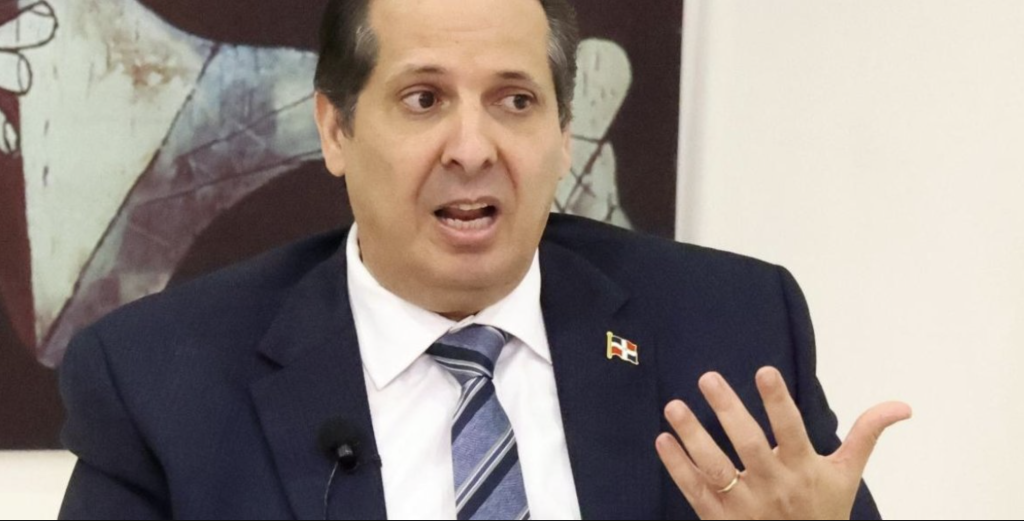
Public Health Minister Víctor Atallah has issued a stark warning: the budget allocated to the health sector will never be sufficient unless the country makes an intensive shift toward primary care to prevent diseases and improve national health indicators.
Speaking at a special luncheon hosted by Corripio Media Communications Group, Dr. Victor Atallah asserted that implementing this fundamental level of attention is the most effective mechanism for optimizing resource allocation. Dr. Atallah has distinguished himself from day one for his strong preventive aproach to public health. Dr. Atallah has a regenerative and functional medicine approach in his private practice before being appointed to the position.
“The budget for the health sector will never be enough if we do not work intensively on primary care,” the Minister stressed.
Dr. Atallah announced that 2026 will be heavily focused on primary care. He is spearheading a strategy that includes the extensive refurbishment of numerous health centers, the launch of a unique digital health record, and the integration of telemedicine services. He noted that the unique digital record is already being piloted in select hospitals.
The Minister described this impending strategy as the most significant transformation the health sector will undergo. “It is the most important transformation we will have in health, which is the incorporation of data with evidence to manage budgets and public policies throughout the country,” he remarked.
Overcoming resistance and calling for unity
When addressing why a comprehensive primary care system has yet to be fully implemented, the Minister acknowledged resistance from many physicians. Without elaborating on the details of the opposition, he issued a call for unity, urging the public and private sectors, along with academia, to work together for the benefit of all citizens.
“We want a health system that involves coverage, doctors, academia, and education,” Atallah stated.
He also recalled the international alliance agreement the country signed last year, which he said makes the implementation of these changes an obligation. To ensure compliance, the Minister announced that the head of the Pan American Health Organization (OPS), Jarbas Barbosa, is scheduled to visit the country.
Tangible impact and community involvement
Minister Atallah guaranteed that the impact of these initiatives will be noticeable by mid-2026, emphasizing the importance of community involvement. The plan intends for primary care units to be conveniently located near schools and to have a consistent, recognizable image to encourage public use.
Adding depth to the strategy, Deputy Minister of Collective Health, Dr. Eladio Pérez, highlighted that primary care is a flexible strategy that can be applied at various levels. He underscored that community medicine forms the core of collective health, pointing to existing school health programs and the integration of educational and other entities in the national dengue strategy.
Pérez explained that the first level of care encompasses health education, including nutritional guidance and access to essential medications for conditions like hypertension and diabetes. This comprehensive approach will include a “health passport,” allowing patients to move within the system with all their information readily available, ensuring greater transparency and traceability of all health sector transactions.
Read more in Spanish:
Hoy
27 November 2025

